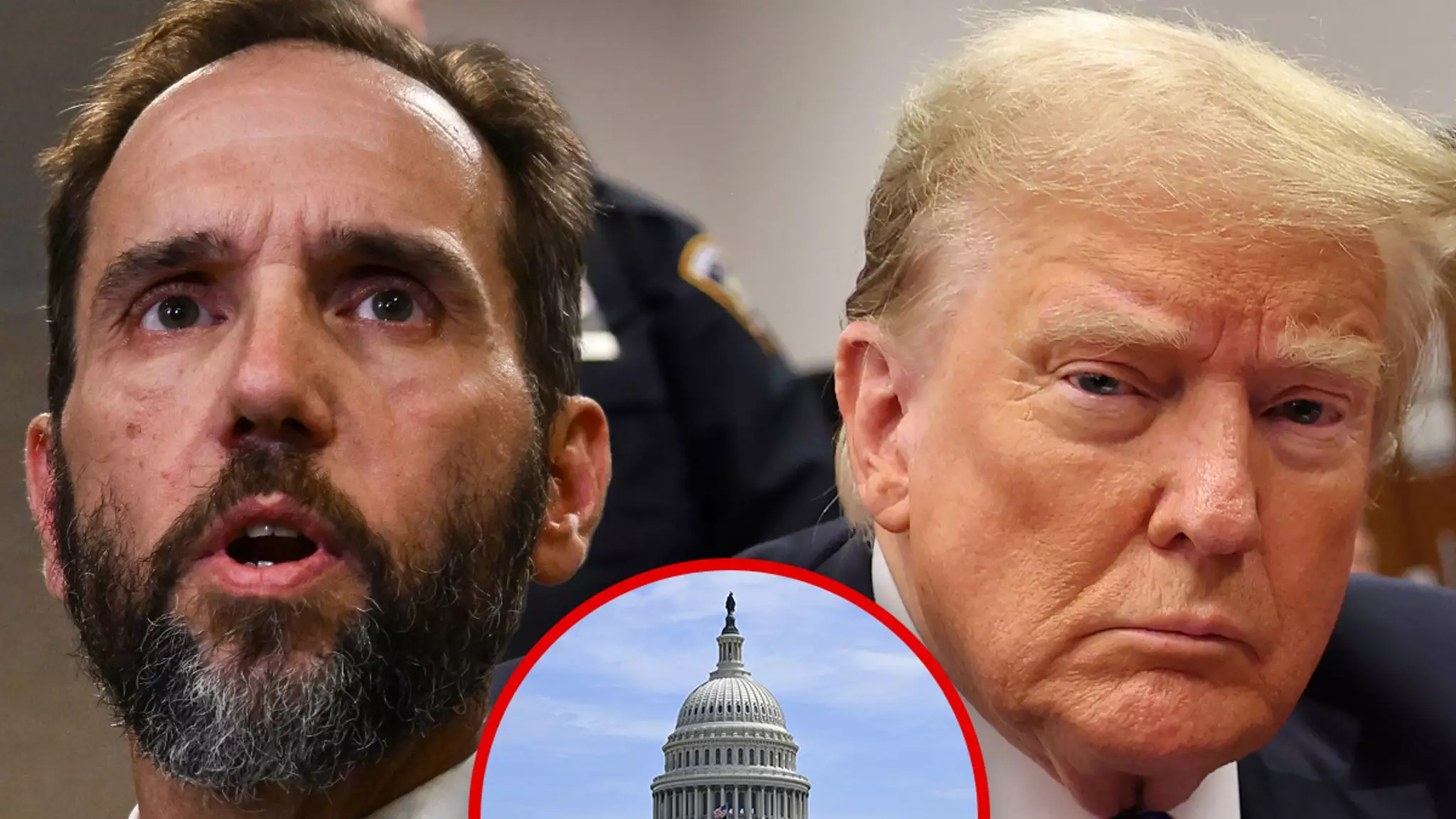In a significant development in the realm of U.S. politics and legal standards, Special Counsel Jack Smith has moved to dismiss the federal election interference case against President-elect Donald Trump. This dramatic shift comes in the wake of the events surrounding the January 6th Capitol riot, a day which remains etched in the collective memory of the nation. Jack Smith’s request, submitted to U.S. District Judge Tanya Chutkan, signals the complexities of prosecuting a sitting president, especially one who has recently been elected for another term.
The essence of Smith’s argument relies heavily on a well-entrenched Department of Justice policy that discourages legal action against a sitting president. His legal documents explicitly reference the constitutional provisions that render such prosecution inappropriate, framing the current situation not merely as a legal case but as an intricate dance of political implications and judicial protocol. Smith noted, “The Government’s position on the merits of the defendant’s prosecution has not changed. But the circumstances have…” This suggests a recognition of the unique positioning that a President-elect holds, especially as he prepares to assume office after the election on November 5, 2024, with the inauguration scheduled for January 20, 2025.
Prior to this recent legal maneuver, Trump was facing an array of serious felony charges, specifically four counts linked to alleged attempts to undermine the results of the 2020 election. The indictment outlined a conspiracy to defraud the United States and additional charges related to obstructing an official proceeding. These serious allegations underscore the nature of the conflict between political ambitions and legal accountability.
However, the timing of Smith’s filing raises pivotal questions about the nature of justice in a political context. Given that Trump has secured the presidency again, his legal team previously argued that any indictment would be both inappropriate and unprecedented. The dismissal request, made without prejudice, leaves open the controversial possibility that the case could be reinstated after Trump’s term concludes. This adds another layer to the already tumultuous political landscape, as observers speculate on whether this legal decision might affect Trump’s political capital moving forward.
Reactions to these developments are predictably polarized. Supporters of Trump may view this as a vindication, further entrenching their belief in a politically motivated legal system out to undermine their preferred candidate. Conversely, critics of Trump argue that the gravity of the allegations demands accountability, regardless of the individual’s status as president.
The implications of this case extend beyond legal jargon into the broader discussions about the role of the Department of Justice and its historic commitments to uphold democratic principles. As society turns its gaze to the upcoming election and subsequent inauguration, the question of legal accountability versus political privilege remains a pressing concern. In navigating these murky waters, both legal officials and the American populace must grapple with the balance of power, responsibility, and the complex legacy of leadership in a democratic society.

